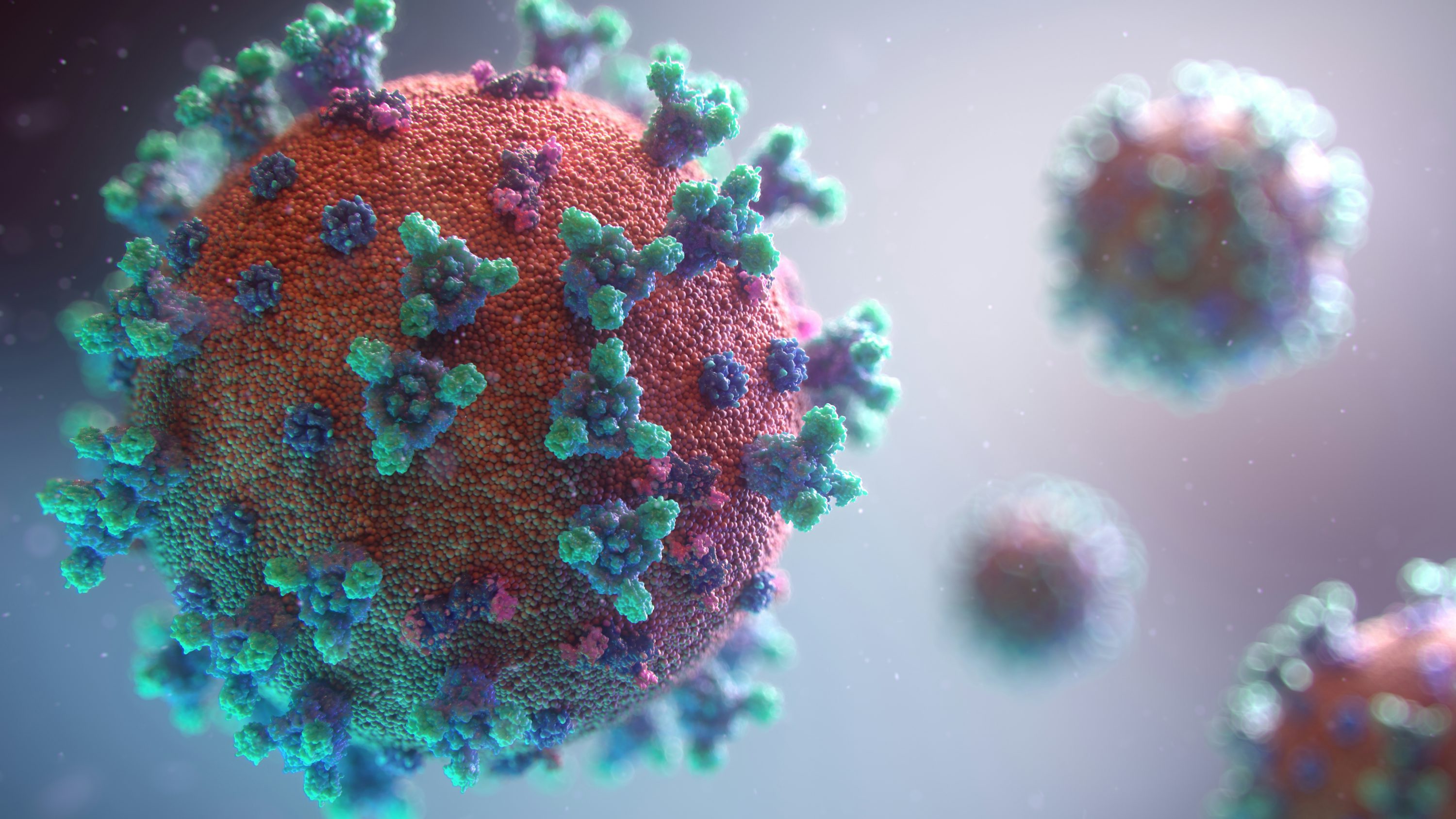Governor Katie Hobbs announced plans last month to expand access to mRNA COVID-19 vaccines state-wide, touting it as a “public health triumph”. The initiative aims to boost vaccination rates by offering free boosters at mobile clinics in rural areas and mandating shots for state employees. As debate intensifies, Hobbs’ decision casts a shadow over informed consent in the Grand Canyon State.
As the dust settles on billions of mRNA doses administered, a growing body of peer-reviewed research paints a very troubling picture. Studies published in prestigious journals like The Lancet and The New England Journal of Medicine reveal risks that were downplayed or dismissed. With over 700 peer-reviewed papers documenting harms, the "safe and effective" narrative crumbles under scrutiny.
At the forefront of these revelations is the spike protein induced myocarditis epidemic, a condition where the heart muscle inflames, potentially leading to scarring, arrhythmia, and sudden death. A 2024 multicenter study in eClinicalMedicine tracked 324 young patients with COVID-19 vaccine-associated myocarditis finding myocardial injury in 41% via cardiac MRI, with late gadolinium enhancement (LGE), a marker of permanent damage, persisting in 60% at follow-up. Males under 30, especially after the second dose, bore the brunt, with odds ratios for LGE up to 3.28 times higher. This echoes a 2022 Lancet cohort analysis of U.S. claims data, reporting an incidence of 2.17 cases per 100,000 person-days in men aged 18–25 post-Moderna booster. A 2024 Nature Communications self-controlled case series in England showed mRNA boosters doubled the risk of hospitalization for myocarditis/pericarditis in those without prior SARS-CoV-2 infection, with rates spiking 450% in adolescents post-second dose. Spanish tertiary hospital data from 2024 corroborated this, noting vaccine-linked cases in 10 per 100,000 adolescents versus just 5 per 100,000 in unvaccinated peers, flipping the "rare" script when infection isn't a confounder. Autopsy reviews in PubMed (2024) linked fatal myocarditis directly to mRNA shots, with spike protein infiltrating cardiac tissue, triggering hypersensitivity. A 2023 BMJ Open meta-analysis pooled global data, confirming a 3.5-fold elevated risk post-vaccination in young males.
Whispers of DNA contamination have escalated to roars. A 2025 PubMed quantification of Pfizer/Moderna vials from Ontario found residual plasmid DNA exceeding regulatory limits by 354 times, including SimianVirus40 promoter sequences linked to cancer. Biodistribution data, buried in FDA filings, show LipidNanoParticles ferrying mRNA to ovaries and brains, raising fertility and neurological alarms.A 2024 Trends in Molecular Medicine review implicated the spike protein in neurotoxicity, with frameshifted recombinant spikes, glitches in mRNA translation, detected in circulation months post-jab, potentially crossing the blood-brain barrier and inciting inflammation. This aligns with a 2025 International Journal of Molecular Sciences study showing shared biochemical pathways between long COVID and vaccine side effects, including neuropathy and Guillain-Barré-like syndromes. Frameshifting yields aberrant proteins in up to 8% of translations, per a 2024 Nature analysis, potentially immunogenic toxins. Over 60 studies document spike protien pathogenicity, binding ACE2 receptors systemically, disrupting endothelial function, and promoting thrombosis. A 2023 PMC review termed it "spikeopathy," with vaccine-produced spikes lingering longer than viral ones, evading degradation and fueling chronic inflammation. A 2024 Pharmacology Research & Perspectives study detected frameshifted spikes in human tissues up to 187 days post-vaccination, far beyond the "transient" claim.
Autoimmunity emerges as another red flag. A 2024 Nature Communications cohort of 9 million Koreans subgroup analyses revealed elevated risks for specific connective tissue diseases like lupus (hazard ratio 1.16) in women under 50 post-booster. A 2022 PubMed meta-analysis of immune-mediated events post-mRNA vaccination reported odds ratios up to 2.5 for vasculitis and demyelinating disorders, attributing them to molecular mimicry where anti-spike antibodies cross-react with human proteins.
A 2022 PubMed trial reanalysis exposed an excess 12.5 serious adverse events per 10,000 doses, dwarfing placebo baselines. Benefits wane with variants, per a 2025 NEJM veteran study, while risks endure.
Informed consent demands we heed the actual science, not suppress it. Our health isn't a beta test, and Governor Hobbs should follow the science.

